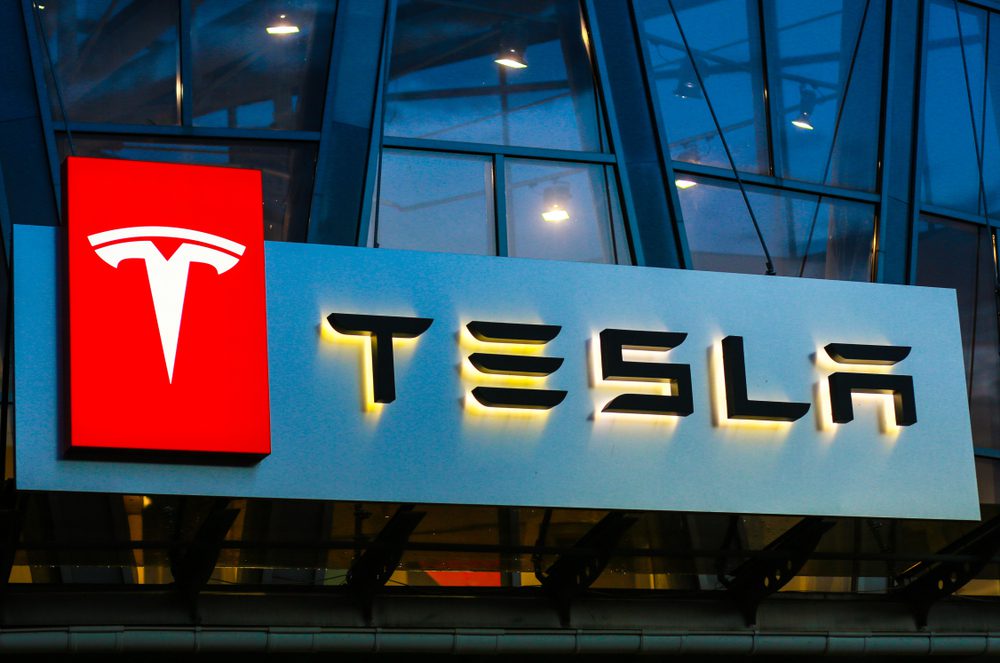The transition to electric vehicles marks a fundamental shift in personal transportation, offering both immediate and long-term advantages for consumers. As automotive technology continues to evolve, electric vehicles (EVs) are becoming increasingly practical for everyday drivers. Understanding the comprehensive benefits of EV ownership can help inform your saving strategy and future purchasing decisions.
The fuel cost advantage
Electric vehicles consistently offer substantial savings compared to traditional gasoline-powered cars through reduced fuel costs. The mathematics of EV charging versus gasoline consumption reveals a clear financial advantage. While electricity rates vary by region, EV owners typically spend significantly less on power compared to gasoline expenses.
The savings become particularly notable for:
- Daily commuters who drive more than 30 miles round trip
- Ride-share drivers and delivery services
- Business owners using vehicles for operations
- Families with multiple vehicles
- Urban residents with access to public charging networks
Home charging capabilities further reduce costs, especially when combined with energy management strategies. Many utility companies offer reduced rates during off-peak hours, allowing owners to optimize their charging schedules for maximum savings. Smart charging systems can automatically adjust charging times to take advantage of the lowest rates, further reducing operating costs.
Reduced maintenance expenses
The mechanical simplicity of electric vehicles translates to significantly lower maintenance costs over time. Unlike traditional vehicles with complex internal combustion engines, EVs eliminate numerous maintenance requirements:
- No regular oil changes or fluid top-offs
- Fewer moving parts requiring replacement
- No transmission servicing or repairs
- Reduced brake system wear through regenerative braking
- No exhaust system maintenance
- No spark plug replacements
- No timing belt services
- Fewer brake pad replacements
This simplified maintenance schedule typically results in lower long-term ownership costs. The reduction in regular service requirements also means less time spent at repair shops and more time on the road. Many EV owners report spending only on tire rotations and cabin air filter replacements during their first several years of ownership.
Financial planning considerations
Making the switch to an electric vehicle requires strategic financial planning. Consider these factors when building your savings strategy:
- Initial purchase price and down payment requirements
- Home charging installation costs and options
- Insurance rate variations for electric vehicles
- Available financing options and terms
- Long-term maintenance fund allocation
- Battery warranty coverage periods
- Potential energy efficiency improvements at home
- Future resale value projections
Understanding these factors helps create a comprehensive savings plan that accounts for both immediate and long-term financial implications of EV ownership.
Performance and technology benefits
Modern electric vehicles offer distinct advantages in daily operation:
- Instant torque delivery for responsive acceleration
- Smoother and quieter operation at all speeds
- Simplified driving experience with fewer moving parts
- Advanced temperature control systems
- Regenerative braking for improved efficiency
- Better weight distribution for handling
- Reduced vibration and mechanical noise
- More cabin space due to compact drivetrain design
These performance characteristics contribute to a superior driving experience while providing practical benefits for daily use. The inherent design advantages of electric motors also mean more consistent performance throughout the vehicle’s lifetime.
Infrastructure and charging considerations
Understanding charging options helps maximize the benefits of EV ownership:
Home charging solutions:
- Level 1 charging using standard household outlets
- Level 2 charging installation options
- Energy monitoring systems
- Solar integration possibilities
- Battery storage solutions
- Smart charging capabilities
Public charging strategies:
- Planning routes around available charging stations
- Understanding different charging speeds
- Membership options for charging networks
- Workplace charging availability
- Emergency charging locations
- Mobile charging services
Long-term value proposition
The true value of an electric vehicle extends beyond immediate operational savings:
- Reduced environmental impact through zero direct emissions
- Lower noise pollution in urban environments
- Decreased dependence on fossil fuels
- Potential for energy independence with solar integration
- Simplified maintenance schedule
- Extended vehicle lifespan due to fewer mechanical components
- Growing charging infrastructure
- Improving battery technology
The investment in an electric vehicle represents a commitment to both personal transportation efficiency and environmental sustainability. While the initial purchase price may be higher than comparable gasoline vehicles, the combination of lower operating costs and advancing technology makes EVs an increasingly practical choice for many drivers.
This story was created using AI technology.















